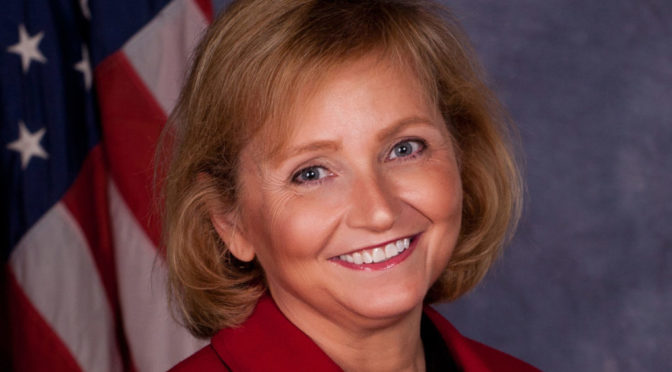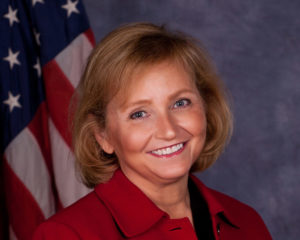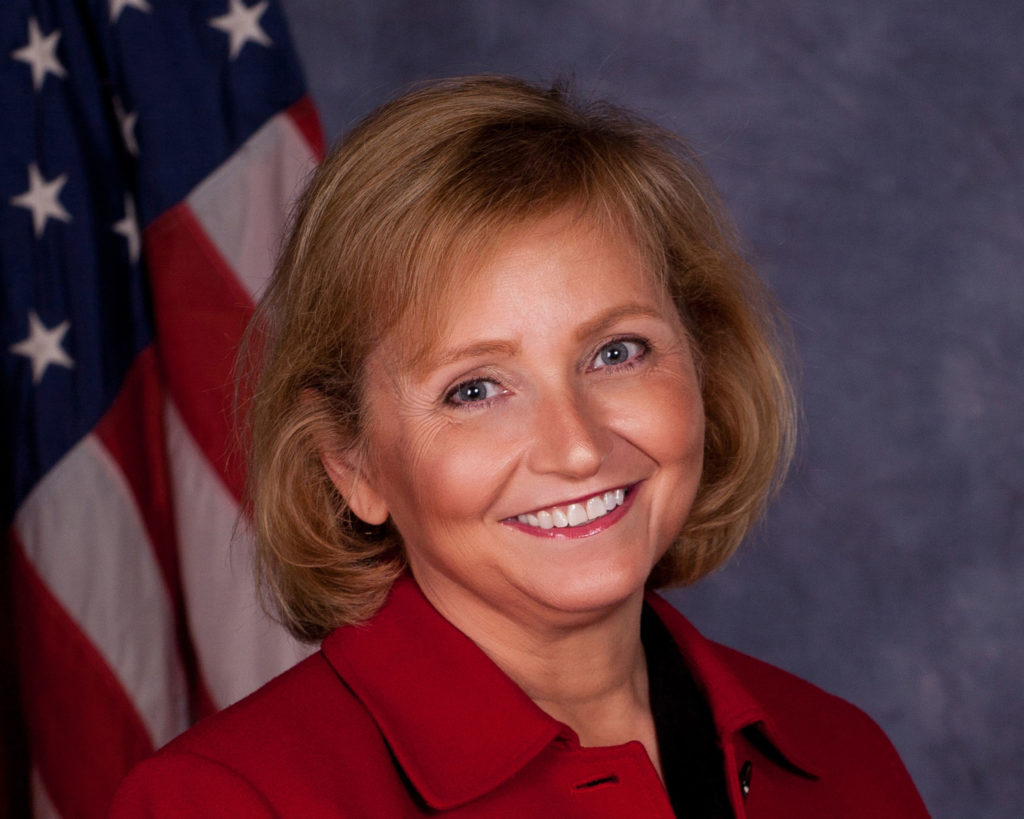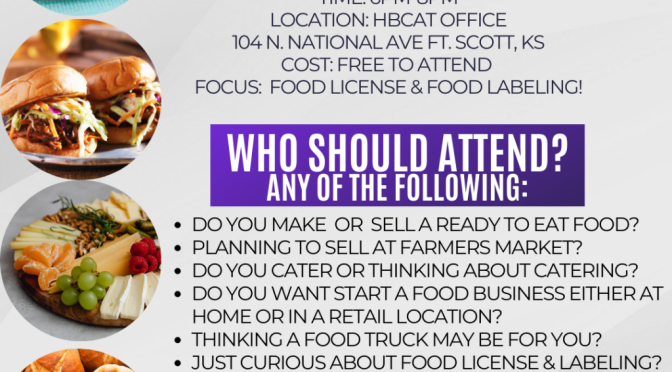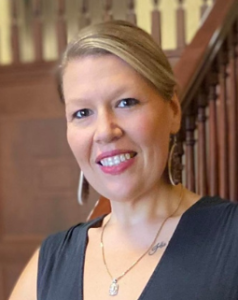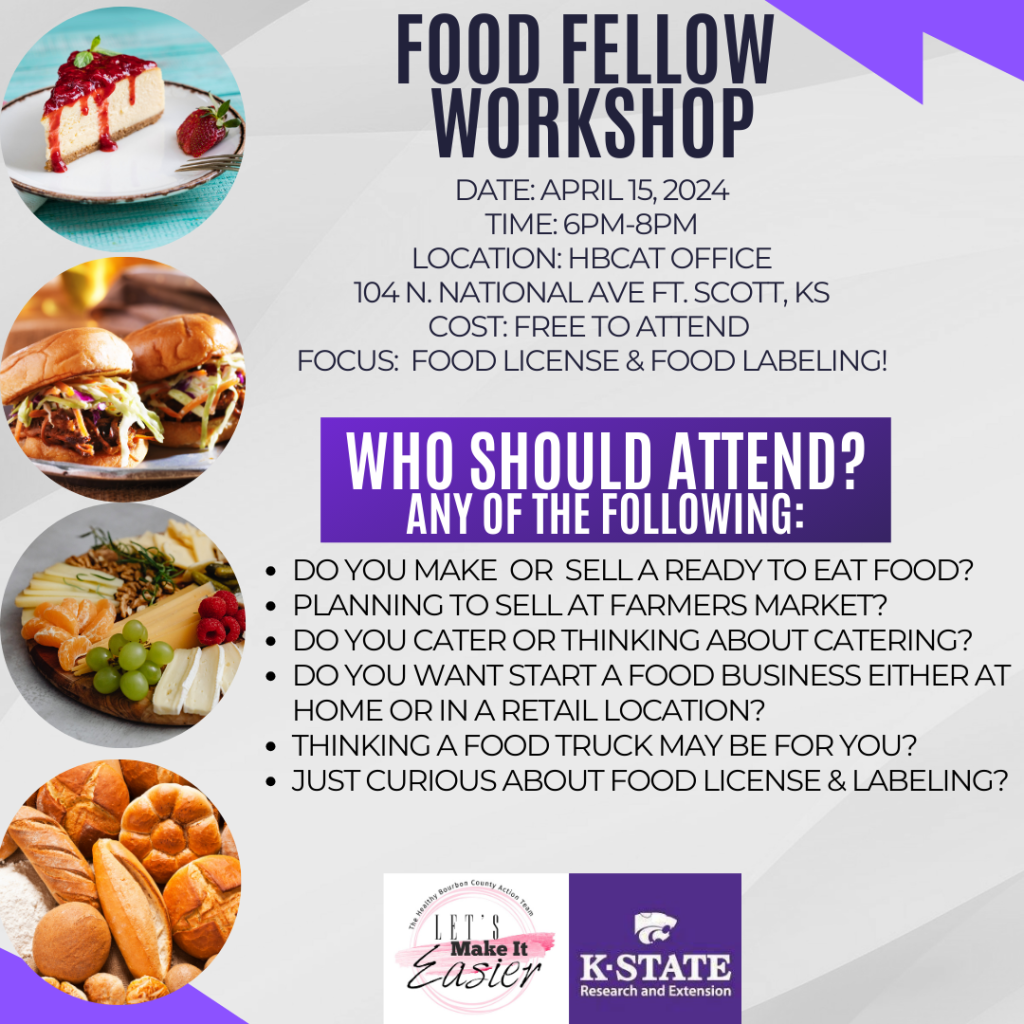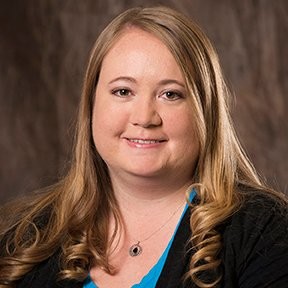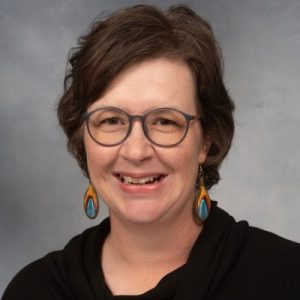TOPEKA— Governor Laura Kelly today vetoed Substitute Bill for Senate Bill 233, House Bill 2749, Substitute Bill for House Bill 2436, Senate Bill 434, House Bill 2446, and House Bill 2648. Governor Kelly also allowed Senate Bill 394 to become law without her signature.
The following veto message is from Governor Kelly regarding her veto of Substitute Bill for Senate Bill 233:
“This divisive legislation targets a small group of Kansans by placing government mandates on them and dictating to parents how to best raise and care for their children. I do not believe that is a conservative value, and it’s certainly not a Kansas value.
“To be clear, this legislation tramples parental rights.
“The last place that I would want to be as a politician is between a parent and a child who needed medical care of any kind. And, yet, that is exactly what this legislation does.
“If the legislature paid this much attention to the other 99.8% of students, we’d have the best schools on earth.
“Therefore, under Article 2, Section 14(a) of the Constitution, I hereby veto Substitute Bill for Senate Bill 233.”
The following veto message is from Governor Kelly regarding her veto of House Bill 2749:
“Kansans spoke loud and clear in August 2022. Voters do not want politicians getting between doctors and their patient by interfering in private medical decisions.
“House Bill 2749 is invasive and unnecessary. There is no valid medical reason to force a woman to disclose to the legislature if they have been a victim of abuse, rape, or incest prior to obtaining an abortion. There is also no valid reason to force a woman to disclose to the legislature why she is seeking an abortion.
“I refuse to sign legislation that goes against the will of the majority of Kansans who spoke loudly on August 2, 2022: Kansans don’t want politicians involved in their private medical decisions.
“There are some in the legislature who have forgotten that. I have not. Therefore, under Article 2, Section 14(a) of the Constitution, I hereby veto House Bill 2749.”
The following veto message is from Governor Kelly regarding her veto of Substitute Bill for House Bill 2436:
“While I agree that no one should be coerced into undergoing a medical procedure against their will, it is already a crime to threaten violence against another individual.
“Additionally, I am concerned with the vague language in this bill and its potential to intrude upon private, often difficult, conversations between a person and their family, friends, and health care providers. This overly broad language risks criminalizing Kansans who are being confided in by their loved ones or simply sharing their expertise as a health care provider.
“Therefore, under Article 2, Section 14(a) of the Constitution, I hereby veto Substitute Bill for House Bill 2436.”
The following veto message is from Governor Kelly regarding her veto of Senate Bill 434:
“I have serious concerns that deregulating sugaring — a hair removal technique that may be performed on minors — could lead to safety and sanitation problems. We have a responsibility to protect Kansans – and this deregulation would threaten the health and safety of Kansans – particularly our children.
“Under the purview of the Kansas Board of Cosmetology, sugaring practitioners are required to adhere to the same health and safety standards as other cosmetologists and estheticians. They are subject to criminal background checks and training prior to the successful completion of exams to earn state licensure. Deregulating sugaring risks contamination, improper infection control, and potential safety issues involving minors. I am not willing to undermine the Kansas Board of Cosmetology’s expertise or threaten the long-term health and safety of Kansans who receive sugaring services.
“Therefore, under Article 2, Section 14(a) of the Constitution, I hereby veto Senate Bill 434.”
The following veto message is from Governor Kelly regarding her veto of House Bill 2446:
“I believe in local control and that local officials should be held accountable by their constituents, stakeholders, and businesses. This bill lacks sufficient protection to ensure local units of government are able to play a meaningful role in decision making on issues impacting their communities.
“Therefore, under Article 2, Section 14(a) of the Constitution, I hereby veto House Bill 2446.”
The following veto message is from Governor Kelly regarding her veto of House Bill 2648:
“House Bill 2648 would insert bureaucratic red tape intended to legislatively interfere with the timely implementation of necessary and important rules and regulations. Many of these regulations are for the protection and safety of Kansans.
“Kansans voted no to giving the legislature veto power over rules and regulations in the November 2022 election. This is yet again another attempt by the legislature to undermine the will of the voters.
“Therefore, under Article 2, Section 14(a) of the Constitution, I hereby veto House Bill 2648.”
The following statement is from Governor Kelly regarding allowing Senate Bill 394 to become law without her signature:
“While well-meaning in its efforts to protect children from content the legislature considers ‘harmful to minors,’ this bill is vague in its application and may end up infringing on constitutional rights, which is an issue being litigated in other jurisdictions over similar bills. For that reason, I will allow this bill to become law without my signature.”
###

